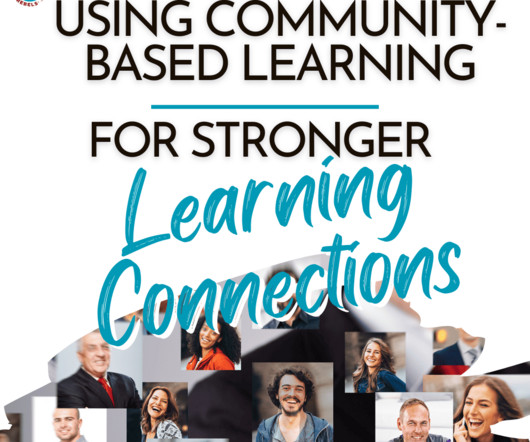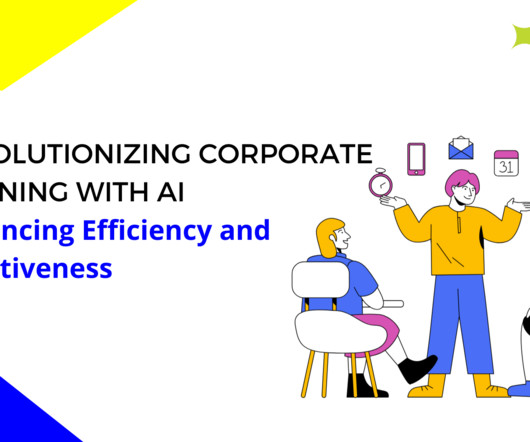Manager's Role in Learning and Performance Improvement
The Performance Improvement Blog
SEPTEMBER 17, 2013
What should be a manager’s role in employee learning? In answering this question, the first thing managers have to understand is that continuous learning is the modus operandi for all high performance organizations. Individual, team, and enterprise performance can’t improve without learning. to 2:00 p.m.














































Let's personalize your content